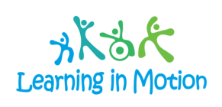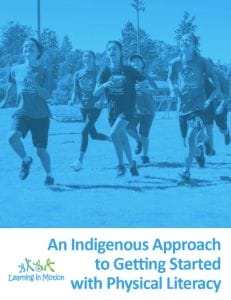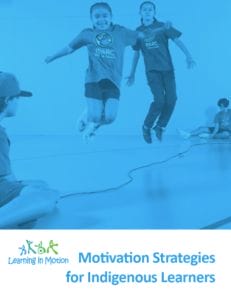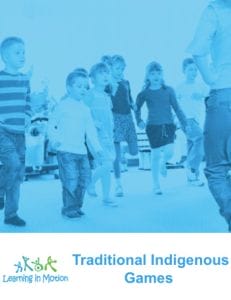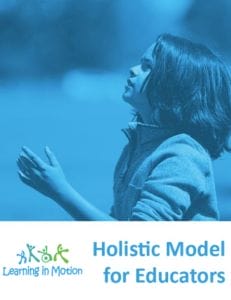The Indigenous Sport, Physical Activity and Recreation Council (I·SPARC) will continue to offer complimentary, interactive training opportunities that focus on strengthening elementary educators’ knowledge and understanding in providing culturally relevant physical activity and physical literacy experiences for students.
Priority registration will be given to B.C. educators teaching in First Nations schools and schools with a high proportion of Indigenous students (with the exception of virtual workshops).
